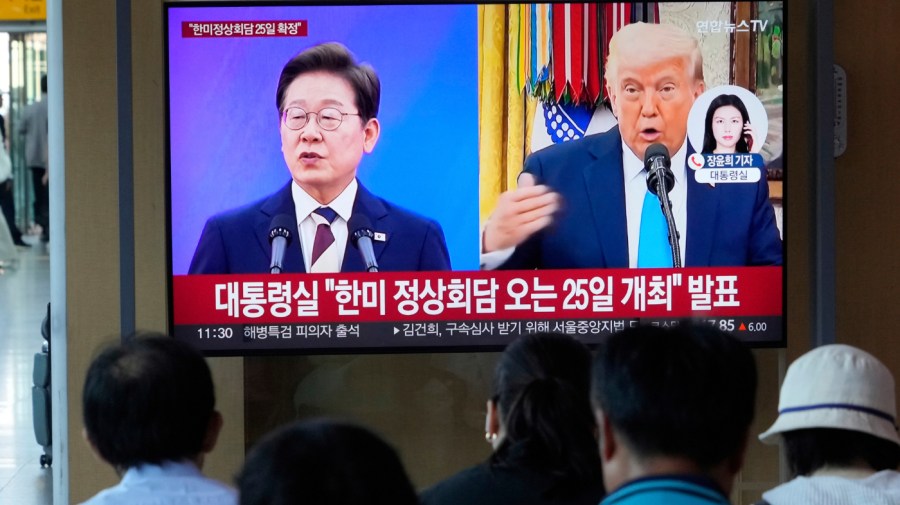Awareness of global events is diminishing in the United States, raising concerns over the potential consequences for the nation’s future. According to a recent study by the Pew Research Center, only 16% of Americans reported following international news closely in 2022, a sharp decline from previous years. This trend poses significant risks, as understanding global dynamics is crucial for informed decision-making at home.
The Pew Research Center’s findings highlight a troubling pattern among American audiences. While local and national news continues to capture attention, international stories are often sidelined. This lack of engagement can lead to a narrow perspective on issues that directly affect U.S. interests, such as trade, security, and diplomatic relations.
Impact of Ignoring Global Perspectives
Ignoring international news can have far-reaching implications. For instance, decisions made by foreign governments can influence U.S. economic policies. The International Monetary Fund (IMF) has warned that a lack of understanding of global markets can hinder America’s economic resilience. Additionally, events like the ongoing conflict in Ukraine and tensions in the South China Sea are examples of international crises that require American awareness and response.
Research indicates that informed citizens are better equipped to engage in meaningful dialogue about foreign policy. Without adequate knowledge of world events, Americans may struggle to advocate for effective policies or understand the ramifications of U.S. actions abroad. The New York Times noted that this disconnect can contribute to isolationist sentiments, which may affect the country’s global standing and alliances.
Challenges in International News Consumption
Several factors contribute to the decline in international news consumption. The rise of social media and digital platforms has shifted focus towards personal stories and local events. Consequently, international news often competes for attention against a backdrop of viral trends and entertainment.
The BBC News suggests that media outlets have also played a role by prioritizing sensational news over substantive global reporting. Many news organizations have reduced their foreign bureaus, limiting coverage of critical international issues. This trend not only deprives audiences of essential information but also diminishes the diversity of perspectives they encounter.
As the world becomes increasingly interconnected, the need for a well-informed public is greater than ever. Americans must recognize that local and international events are often intertwined. Global challenges such as climate change, pandemics, and economic instability require collective action and understanding.
The call for enhanced international news coverage is becoming more urgent. Advocates argue that educational institutions should promote global awareness and critical thinking skills. Initiatives to increase the visibility of international news stories in mainstream media could also help bridge the information gap.
Ultimately, embracing a broader view of the world may empower Americans to engage more effectively in global affairs. By cultivating an interest in international news, citizens can contribute to a more informed electorate capable of navigating the complexities of a rapidly changing world.






































































